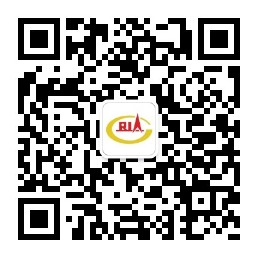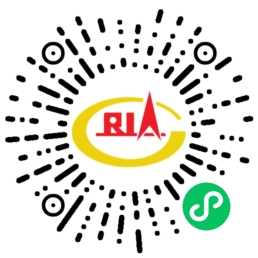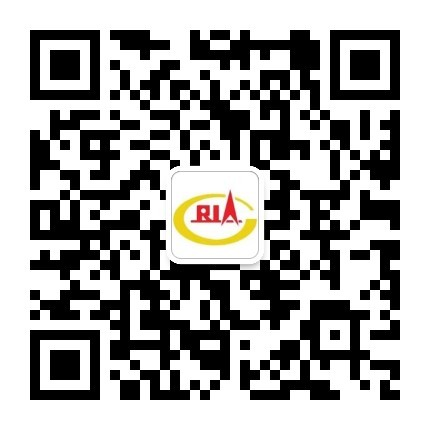Cooper Standard Holdings Inc., parent company of Cooper Standard Automotive Inc., reported an increase in net income despite declining sales thanks to unfavorable currency exchange rates, the firm said in a May 8 presentation of its financials.
Net income attributable to the firm came in at $21 million compared to $19.7 million in 2014. Sales dropped to about $800.1 million from $837.6 million last year as a result of what it said was a $77 million impact from unfavorable foreign currency exchange rates in addition to price adjustments.
Cooper Standard said sales were $877.1 million without the impact from foreign currency exchange rates, which would have been a 4.7 percent increase compared to 2014.
The firm reported a gain of $11.6 million in net income thanks to becoming the majority shareholder of its Chinese joint venture. On Feb. 27, the firm completed its acquisition of Huayu Automotive System Co.’s share in Huayu-Cooper Standard Sealing Systems Co., Ltd. (Shenya), making Cooper Standard the 95 percent equity owner, with 5 percent retained by the Shanghai Zhaotun Collective Assets Managing Co.
The firm disclosed earlier that it invested $60 million to purchase Huayu Automotive Systems’ stake.
Cooper Standard reported adjusted EBITDA of $80.8 million, a slight improvement from $80.6 million in 2014.
“One of the foundational pillars of our strategy is the establishment of world class operations,” CEO Jeffrey Edwards said on conference call discussing the results. “We believe the continuing implementation of the Cooper Standard operating system throughout each of our factories will enable us to reach our longer term goals to achieve adjusted EBITDA margins in the mid-teens within the next few years.”
Diversity among regions
Sales in North and South America both decreased in the first quarter, with North America—the firm’s largest region—dropping to $417.4 million from $432.6 million in 2014, citing foreign currency exchange rates as the primary reason for the decline.
The firm noted it is becoming less reliant on North America.
“North America’s contribution was 52 percent for the quarter, but if you exclude the foreign exchange impact, North America revenue would have been less than half of our total for the first time in recent company history, and we expect this trend to continue,” Edwards said.
South America’s sales dropped to $30.2 million from $39.8 million in 2014. In addition to exchange rates, Cooper Standard cited lower overall vehicle production in Brazil because the country continues to struggle with a stagnate economy and lagging consumer demand.
Sales in Europe also decreased, to $266.8 million compared to $308.2 million in 2014. Without the impact of foreign currency exchange rates, Europe’s sales would have increased 5.7 percent to $325.7 million.
Edwards said the firm’s previously announced restructuring program in Europe is on target, and Cooper Standard is making good progress in its discussions to reduce or offset a portion of the plan’s cost, but the CEO said more details would be forthcoming later in 2015.
In January, Cooper Standard said the plan will include closures or downsizing certain facilities with high costs and unutilized capacity in Western Europe, but the company has yet to specify what facilities or how many employees would be affected. At the time, it highlighted Germany and France as countries that could be affected.
The restructuring is projected to cost about $120 million over the next three years, according to the firm. The firm projects about $50 million in annual savings after its expected completion in 2017.
Cooper Standard did not provide an update on the consolidation of operations in Goldsboro, N.C., into one facility, from two, which is projected to affect 300 employees when it was announced in February.
Progress in Asia
Asia-Pacific accounted for 11 percent of the firm’s first quarter sales, which represents a 48 percent year-over-year growth from 7 percent of sales in 2014, Edwards said.
The firm’s Asia-Pacific segment was the only one to increase its sales, by 50 percent to about $85.7 million compared to $57.1 million in 2014. That was due largely to a $16 million boost from its acquisition of a majority stake in Shenya, but Cooper Standard said $14.1 million of the increase came from organic growth.
“We made great progress in adding production capacity and extending key relationships throughout the Asia-Pacific region,” Edwards said. “Our acquisition strategy not only added immediate revenue and profit, but it also provides a solid base for future growth.”
Edwards said the firm has more opportunity to add production in the region in house because Cooper Standard’s 10 facilities in Asia-Pacific are operating between 50 and 60 percent capacity.
The CEO also said Cooper Standard is making great progress with its latest Asia-Pacific joint venture, Cooper Standard Inoac Pte. Ltd., based in China, with Inoac Corp. of Japan. The company was formed to expand the reach of the company’s fluid transfer systems products and is 51 percent owned by Cooper Standard.
Since the joint venture was established last summer, Cooper Standard and Inoac have developed a joint manufacturing strategy in China and initiated joint technical reviews on site with Japanese customers. In April, Edwards said the firm presented some of its new technology to more than 700 engineers at Toyota Motor Corp. in a joint technical review.
Edwards also revealed on the call that Cooper Standard had a strong quarter in terms of safety.
“The first quarter of 2015 was the best three month period in company history in terms of reduction of the number of injuries and reduction of our total incident rate,” Edwards said. “I’d like to congratulate our employees around the world for their efforts in making our company a safer place to work.”
Headquartered in Novi, Cooper Standard is a global supplier of systems and components for the automotive industry, with products including sealing, fuel and brake delivery, fluid transfer, and anti-vibration system. The firm employs more than 27,000 in 20 countries.
Source: rubbernews.com




